Jan Nožička, Photographer, Czech Republic
Jan Nožička is without a doubt a promising talent in the pool of Czech photography. At the same time, he has been of great value to the Week of Life project, exploiting the most out of his creativity and artistic vision, while staying modest and realistic. As a result, his weeks have a meaning and do not deviate from the most important aspect – the documentary genre. Jan Nožička is one of the members who entirely understood the concept and idea of the project and achieved to combine the two in a coherent artistic manner. It takes some time to discover such valuable personas, which are then deservedly acknowledged in the most important of sections, the Week of life Masters.
With the expansion of the WoL project, the number of Masters is increasing. So far, you can be considered as slightly exempt from the group, since you are by far the youngest of them all. Your weeks are incredibly creative and of high-quality. Could you specify your path to photography up to now more closely?
I found my way to photography in 2005 when I received a compact Nikon from my parents for Christmas. However, the real ‘grasp’ of this beautiful artistic field came thanks to my uncle, who taught me the basics of photography and I am very grateful for that. I was fully absorbed by this form of art in the year 2007, when I purchased my first SLR. The next steps included discovering a darkroom and analog photography, with the latter only in basic terms. Still, it is nice to grab a Flexaret camera from time to time and ‘snap’ a few pictures.
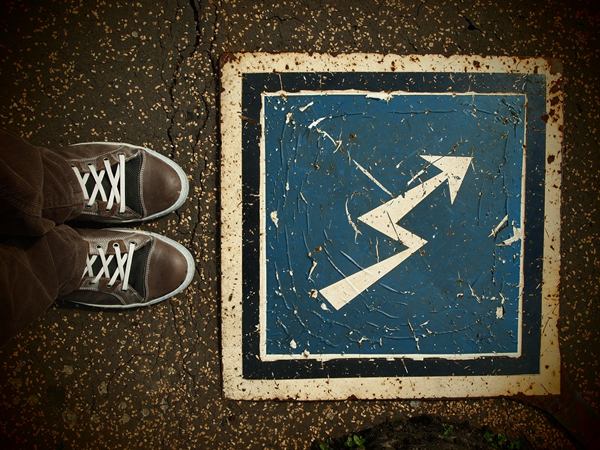
You have selected ‘photographer’ in the field asking for occupation. It is evident from your weeks that you study photography. Could you elaborate regarding your studies? (School, what year etc.).
I’m in my second year studying photography, specifically a photographer apprenticeship in the city of Hradec Králové. This is the second school I’ve attended, since the first one was not the right choice for me and I decided not to further my studies there. I will definitely aspire to continue my studies in the field of photography in the future.

Many Hobby photographers hope to earn a living with photography. You seem to aim for that directly. Or am I mistaken, and you plan to pursue a different field and commit to photography only as your huge hobby?
I am actually living my dream at the moment and if all goes well, I will slowly transfer from a hobby to my future occupation. However, I would like to stick to the artistic side; I’m not much of a fan of general photography as a profession.
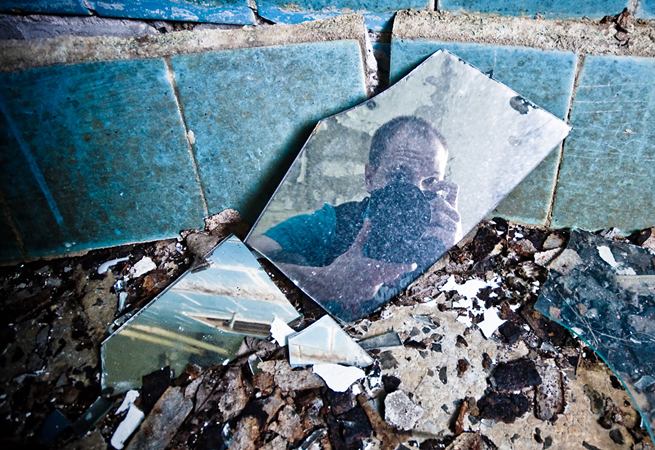
So you want to chase your dream. You are young and will surely want to be independent in the near future. For several years, photography was a constrained activity. This is no longer the case and basically anybody can engage in legal photographic activity without proper understanding of the field. How do you perceive today’s digital era for young starting photographers?
Personally, I think it is harder and will be in the near future to establish one self as a recognized photographer. It isn’t easy to offer something completely new to the market and ironically, it is due to such availability of technology and resources needed for capturing and editing photography. I am glad that so many people share the desire to photograph though. However, the fact that anyone can start his or her own photography business, without having to understand it as you say, seems like a poor legal decision. I am not saying that everyone should graduate from photography to be eligible, but they should at least have basic knowledge of the field.
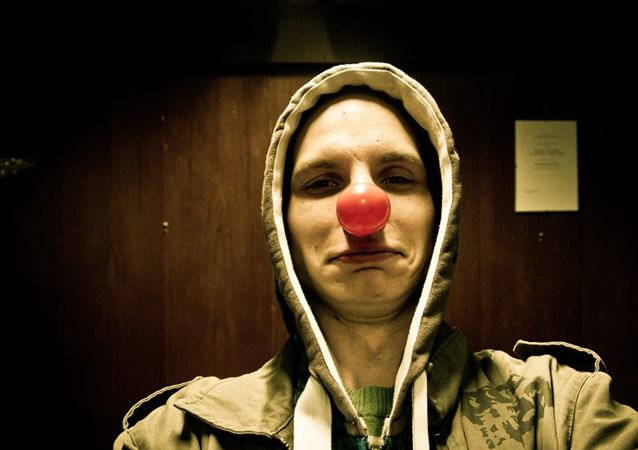
As a student of photography, you surely notice that apart from the students that have classical photography in their syllabi, not many young people find their way to a darkroom. It matters how you take a picture, not with what technology. Both technologies have their pros and cons. How do you feel about the two types of technology regarding the creation of photographs?
There is no sense in comparing the two. Each has its own beauty. Personally, I regard black and white analog photography as the most fascinating, but at the same time it is very time-consuming and demanding financially. Analog photographs are simply different. Digital photography, on the other hand, is a tool I wouldn’t be able to live without today. It serves me in every possible way.

Let us now turn attention to what actually connects us. Based on the number of your weeks, it seems the Week of Life project caught your attention. How do you perceive it?
After a long time, I see it as a quality and interesting project. I like the fact that you can monitor different lives, cultures, people and so on, but mainly, the fashion in which Week of Life is documented has placed a great challenge in front of me. Capturing your first week isn’t a problem, but every following week is harder and harder. The contribution in this sense is amazing; you practice the arrangement and technique and search for new attractive sights and objects. Suddenly you realize how your own home acts as a perfect target for the camera.
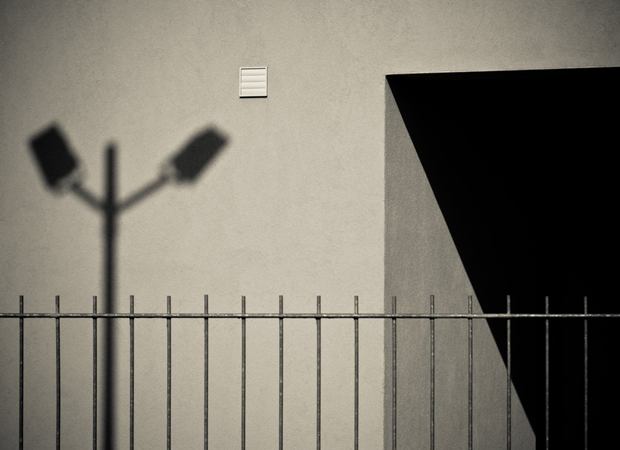
One of the aims of the WoL project is to serve as the means for people to be able to observe lives of others around the planet, no matter where they are, with the help of photography. Already today it is possible to visit tens of different cultures through various added weeks. What land/country do you fantasize about and where would like to go with a camera in your hand?
I don’t have a place I fantasize about per se, but there are countries I would like to visit with my camera, such as Ireland, New Zealand and as I like industrial regions, Ukraine for instance. Although home is simply home.

The last question will once again refer to the subject of photography. Everybody finds inspiration either in a specific author or through some kind of a favorite internet gallery. What about you? I have also noticed that you are one of the participants in the Photographer of the Year competition. In the junior category, you are 2nd at the moment (5th round of themes out of 10). Do you see photographic competitions as something that can be of benefit to you and through which you can learn something new?
In photography, Josef Sudek is my inspiration. His photographs are so extraordinary that they can’t be described in a few sentences. Others who have inspired me are Jindřich Štreit, Eugen Wiškovský, Taras Kuzčynský and Jan Šibík. I gain further inspiration from my surroundings, my family, some of my classmates and my colleague photographers. Regarding an internet gallery, I don’t specifically like one over the other. And concerning the competitions, I guess the main benefit would be that others can view your photographs, have remarks and criticize them. As a result, I use this feedback, if it is helpful of course, to think about my style and technique and try to alter it in the future, so that it becomes better and perhaps more non-traditional.
 |
 |
 |
 |
 |
 |
 |
 |
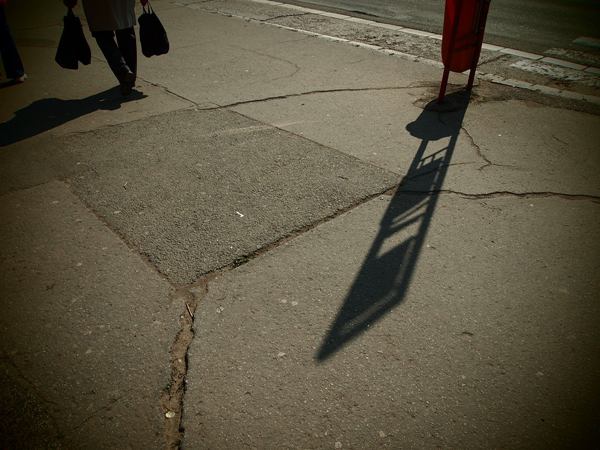 |
